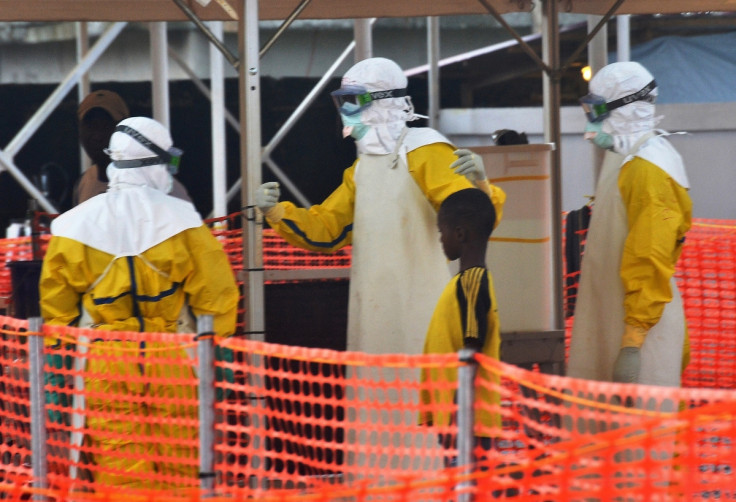UK response to Ebola was undermined by systematic delay says MP panel

A panel of MPs has warned that the UK is not equipped to meet another Ebola outbreak. The country is vulnerable as it lacks the ability to manufacture vaccines, the Science and Technology Committee said.
According to the inquiry, systemic delays were identified at every stage of the government's response to Ebola. During the Ebola outbreak in West Africa, it was sheer "hard work of volunteers and chance" that prevented the epidemic from spreading further, the committee pointed out. "But a future epidemic may be less containable and spread within the UK as well as overseas," said Nicola Blackwood, the committee's Conservative chair.
"We must take the opportunity now to ensure that the UK is not caught unprepared when the next disease emergency strikes. Lives can be lost for every day of delay," she added. Besides, there has always been a systematic delay, the committee warned.
"Existing facilities are degraded and new plants will take years to build, leaving the UK in a vulnerable position," the panel's report said. The Ebola outbreak in West Africa was first reported in March 2014. An estimate 28,637 people were infected and the virus caused 11,315 probable, suspected or confirmed deaths.
Months before the first cases of Ebola were identified in Sierra Leone, Britain was at the forefront of the war against the spread of the epidemic in West Africa – right from deploying NHS medics and military personnel to building treatment centres.
In 2014, a military healthcare worker Pauline Cafferkey was infected with Ebola while working at a treatment centre in Sierra Leone. Around four to five medical workers from UK had to be evacuated after contracting Ebola.
Of late, there has been no news on latest research or new studies. "We heard how this lack of research-readiness resulted in severe problems, from failing to prioritise basic clinical studies on optimal treatments for Ebola patients, to delays in obtaining and sharing vital clinical data. These failings must be urgently addressed," Blackwood said.
She explained that UK lags other nations in manufacturing vaccines for Ebola. She has asked the government to encourage more private sector investments and "to negotiate with manufacturers to establish pre-agreed access to capabilities that can be called upon quickly."
"We must take the opportunity now to ensure that the UK is not caught unprepared when the next disease emergency strikes. Lives can be lost for every day of delay," she warned.
UK, now has a comparatively small commercial vaccine plant in Liverpool that specialises in flu vaccines. It is now owned by CSL, an Australian pharmaceutical company.
© Copyright IBTimes 2025. All rights reserved.





















